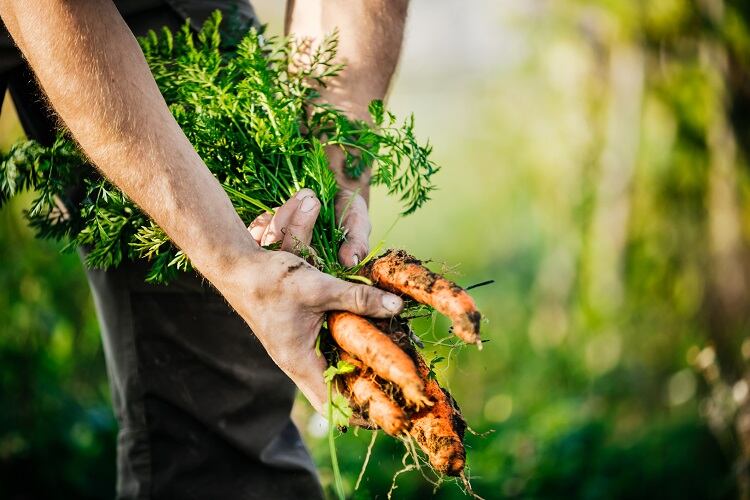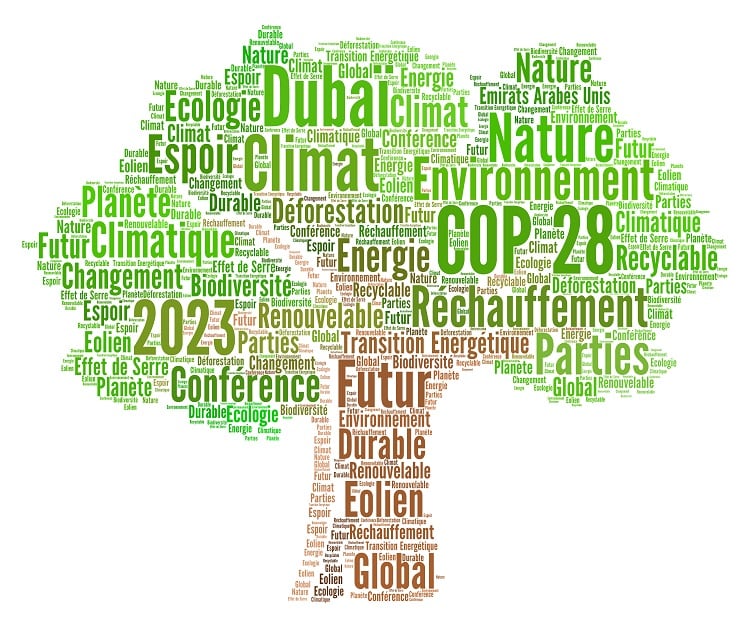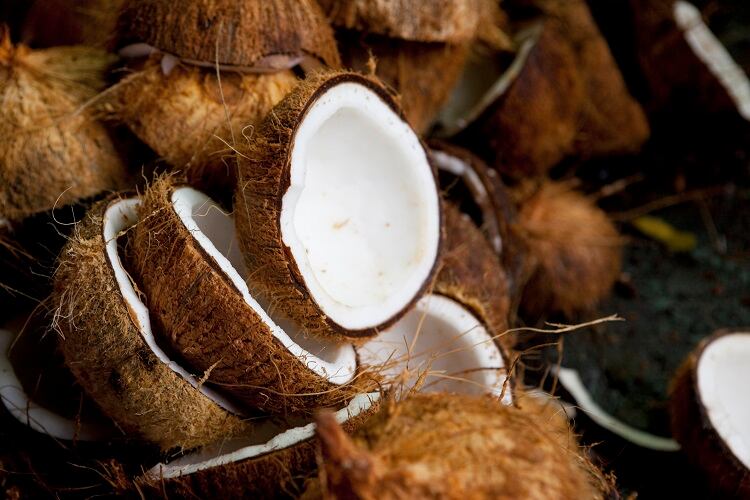Published in the journal Proceedings of the National Academy of Sciences (PNAS), the University of Manchester released a feature to present new findings on how the global food sector can engage in effective sustainability transitions. Scientists from the UK’s Manchester University and the German Institute for Ecological Economy Research (IÖW) collaborated with Harvard researchers to guest-edit the special issue.
In the University of Manchester’s sustainability transitions issue, researchers pinpointed food as one of its key industries to explore. “The food system is implicated in many sustainability problems including climate change, biodiversity loss, water pollution, air pollution, and obesity,” Professor Frank Geels, Professor of System Innovation, IMP Innovation, Strategy and Sustainability at Alliance Manchester Business School and Co-Director of the Sustainable Consumption Institute at the University of Manchester, told FoodNavigator.
Rather than applying a future lens to meeting environmental objectives, the researchers found sustainable transitions to real-world change processes are a better focus area, helping to propel the food industry to meet global climate needs.
Radical technical innovations
“An important finding is that there are many radical innovations, which deviate in one or more dimensions from the existing regime and hold significant sustainability potential,” Geels said, detailing its sustainable transitions’ main food sector findings.
Permaculture agroecology, artificial meat, plant-based milk and manure digestion (biogas) are among several radical technical innovations in the food industry that promote sustainability, the researchers identified. Grassroots organisations and social activities such as alternative food networks, less-meat initiatives, veganism and urban farming can support these agri-food areas.
Shifts in business model developments that centre on alternative food networks, organic food and agroecology are vital. These require infra-structural progress by developing efficient irrigation systems, agroforestry, rewilding and multi-functional land use.
While some innovations like wind, solar-PV, and electric vehicles are accelerating in the electricity and mobility system, the same cannot be said for the agri-food industry, 2023 research by Lamine and Marsden found. “A sustainable system reconfiguration is not yet significantly unfolding in the agri-food system,” Geels shared.
Niche innovations dominate agri-food development
Rather than radical technical innovations, agri-food focuses on niche innovations. “The pattern in this system appears to be the emergence of many niche innovations in the periphery,” added Geels.
A 2021 study reported that agricultural production, including agroecology, regenerative agriculture, alternative food networks, climate-smart agriculture, and consumption, relating to vegans, flexitarians, plant-based products and specialised retail outlets as well as the simultaneous continuation of the intensive mass-production system governs the agri-food sustainable development pattern.
While many agri-food niche innovations have existed for years and grown, the core of the existing regime has remained relatively stable, Geels said. While niche innovation diversity may help explore multiple transition pathways, it may hamper upscaling and broader diffusion. “Because attention and resources are spread too thinly and because diversity creates uncertainties for investors who do not want to bet on the wrong horse,” added Geels.
Known as the multiple-niches-but-no-transition pattern, one interpretation is that “the food system is beginning to diversify on the edges as green, liberal, middle-class citizens create small market niches for alternatively produced food products but that these market niches that remain too small to enable further upscaling and wider diffusion”, Geels noted. The interpretation implies that radical niche innovations can co-exist with the existing system without bringing about broader sustainability transitions.
“A second interpretation is that policymakers are mainly propping up the existing system and very limitedly supporting niche innovations, which means that unfavourable regulations, subsidies and other formal policies help explain why niche innovations limitedly diffuse and scale,” Geels noted, as identified in recent 2023 and 2021 research studies.
“Indeed, whereas policymakers in the electricity and mobility domains support emerging niche innovations in various ways, this hardly appears to happen in the agri-food system for various political-economic reasons,” Geels added.
Using real-world change processes to reach sustainable targets
“Rather than focusing on what could potentially happen in the future, which too often leads to wishful thinking, the papers in the special issue analyse the dynamics of change that are currently unfolding, from the past 10-20 years up to the present,” highlighted Geels.
Instead of using computer models with highly stylised assumptions about actors and change processes, papers in the special issue analysed what core actors such as firms, consumers, policymakers, and the wider public do about particular sustainability innovations.
The researchers’ sustainable transitions feature sought to mobilise insights and concepts from various social science sub-disciplines to understand and analyse the underlying causal processes and mechanisms in sustainability transitions.
Academic fields like innovation studies, political science, sociology, and business studies are highly relevant because sustainability transitions ultimately result from interactions between many actors and social groups with different interests and views about desirable futures and transition pathways, Geels added.
Sustainability transitions, therefore, typically involve strategic action and struggles on multiple dimensions, including business struggles between new entrants versus incumbent firms and economic competition via old versus new technologies.
Referencing various research studies over the past decade including a 2018 study on the role of policy processes for analysing the politics of sustainability transitions, Geels highlighted that “political struggles over taxes, regulations, subsidies, and institutions, as well as sociocultural struggles through public debates, future visions and consumer preferences, are also prevalent”.
“Actors can also change their perceptions, priorities, interests, goals, and capabilities as sustainability transitions unfold because of processes like experimentation, learning, visioning, storytelling, coalition building, real-world deployment, on-the-ground experiences, sense-making and public debates,” Geels said.



